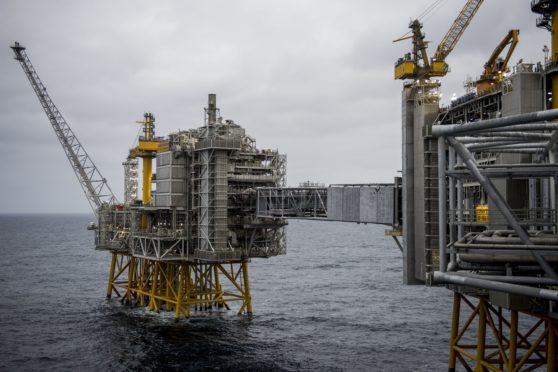To help Ghana enhance its local content participation in the oil and gas industry, the Ministry of Energy and Petroleum Commission have launched the Ghana Welding Bureau to train Ghanaians to take over the craft in the industry.
The move forms part of government’s agenda to train Ghanaians for available job roles in the upstream oil and gas sector through the Accelerated Oil and Gas Capacity Building Programme.
Among others, the Ghana Welding Bureau will be a key step to achieving the global competitiveness required for Ghanaian skills for certification and standards.
“Welding as a technical skill is not only relevant in the upstream petroleum industry but also other industries, such as manufacturing and agriculture. To take over the commanding heights of the economy, Ghanaians must be equipped to occupy important areas in the job market,” Minister for Energy, Dr. Mathew Opoku Prempeh, said at the launch in Accra.
According to him, the Ghanaian welding industry, aside from its informal nature, is dominated by ‘street welders’ and saddled with many challenges.
“The industry is poorly structured and regulated. There is a lack of qualified and accredited training institutions, and there is a situation of almost zero regard for health, safety and environmental matters,” he stated.
He maintained that the challenges continue to fester because of we lack a professional body to regulate the vocation in the country.
This, he said, necessitates establishing the Ghana Welding Bureau, which is mandated among other things to provide regulatory direction and certification for the welding vocation in line with international best and acceptable practices.
Dr. Prempeh is hopeful such an initiative will help many Ghanaians in the welding industry to qualify for jobs in the oil and gas sector, since activities in the sector are highly regulated and certified.
“Apart from minimizing the loss of revenue to Ghana due to non-availability of internationally certified welders, it is a major step to support President Akufo-Addo’s industrialization agenda.”
In his welcome address, the Chief Executive Officer of the Petroleum Commission, Egbert Faibille Jnr, said welding and pipefitting have been identified by the Commission as technical areas in which Ghana lags behind.
“We have expatriate welders and pipefitters coming to do job roles in our upstream petroleum sector,” he said.
Recounting how Ghana had lost revenue to expatriates in the past, Mr. Faibille said three years ago a company that had won a contract to carry out a major pipe-laying project in Ghana sought to bring in 200 expatriate welders and pipefitters.
“The justification was that Ghana had no welders and pipefitters of acceptable standard. In the end, though, the Commission was able to reduce the number that was to be brought in from 200 to 120 welders/pipefitters; though the number, in our consideration, was too high.”
He stated that the Ghana Welding Bureau will collaborate with relevant stakeholders such as Vocational Schools and technical schools.
“In that direction, the Ghana Welders Bureau will need an Act of Parliament to back it; and we have no doubt the Ministry of Energy will lead GWB to that status,” he said.







